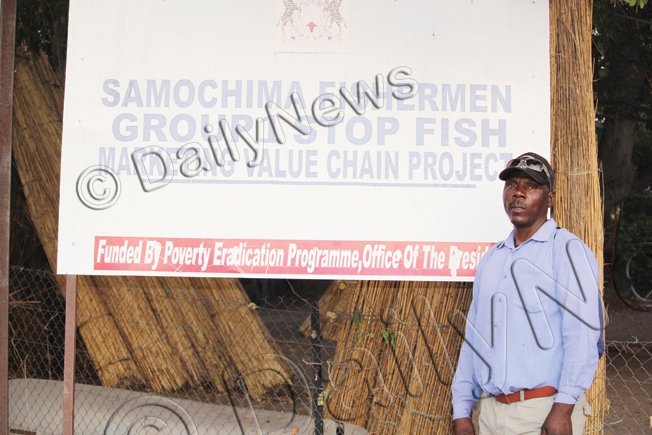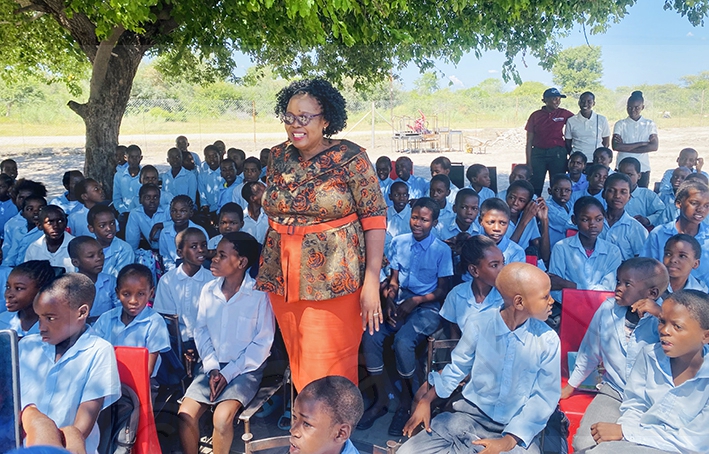Samochima Fisheries perseveres
02 Oct 2024
Established nearly 30 years ago, Samochima Fisheries, founded by a group of community members in Samochima in Okavango District, has navigated various challenges over the decades to sustain its operations.
Originally named Samochima Boiteko Fisheries Syndicate, the organisation began in 1994 with a small-scale fish catching and selling initiative.
As the group’s fishing activities expanded, the need for preservation methods grew in order to access broader markets. To tackle the challenges associated with their business growth, the members formalised their organisation and received support from the government’s Financial Assistance Policy (FAP) in 1995.
This assistance enabled Samochima Fisheries to secure a plot and construct a facility for selling fish, as well as acquire eight fridges to preserve their catch for the market.
In an interview, the current treasurer of Samochima Fisheries, Mr Kebalebile Kachara, stated that the society now comprises 27 members, including 24 men and three women.
He emphasised the significance of the society in improving the lives of its members, who receive monthly stipends to support their livelihoods.
In 2004, Bio Okavango company provided assistance by supplying a cold room, further enhancing their operational capabilities.
And, in 2018, the society received support from Nyeletso Lehuma (Poverty Eradication), which facilitated maintenance of their office and construction of a marketplace, among other improvements.
“We procured two deep freezers, furniture, air conditioning units, equipment for smoking fish, and completed the fencing of our premises,” Mr Kachara noted.
The assistance from Nyeletso Lehuma was pivotal, allowing them to expand their market reach, even marketing their fish as far as Gaborone through various shows.
However, Mr Kachara highlighted ongoing challenges, particularly relating to the limited availability of engine boats, with only one currently operational.
These boats, he said were crucial for navigating the wildlife-infested Okavango River, allowing for faster trips between the riverbank and traditional mokoro (canoes), which were essential for drawing fish nets.
The shortage of engine boats has adversely affected their fishing operations, leading to a rotational fishing schedule and leaving some members inactive.
To address this, the society has applied for assistance from Chema Chema, hoping to acquire additional engine boats.
As experienced fishermen, the members place a high value on fish conservation, utilising size-four-and-a-half fishing nets that target well-grown fish.
Mr Kachara expressed a desire for the government to enforce stricter fishing regulations by banning smaller size-four nets, which capture juvenile fish and undermine conservation efforts.
While recognising the research-based off-season for fishing in Botswana, which runs from December to February to facilitate fish breeding, Mr Kachara shared a differing perspective.
He believes that fish breeding peaks between October and November and has called for reconsideration of the off-season to reflect these findings. ENDS
Source : BOPA
Author : Kedirebofe Pelontle
Location : SAMOCHIMA
Event : INTERVIEW
Date : 02 Oct 2024






